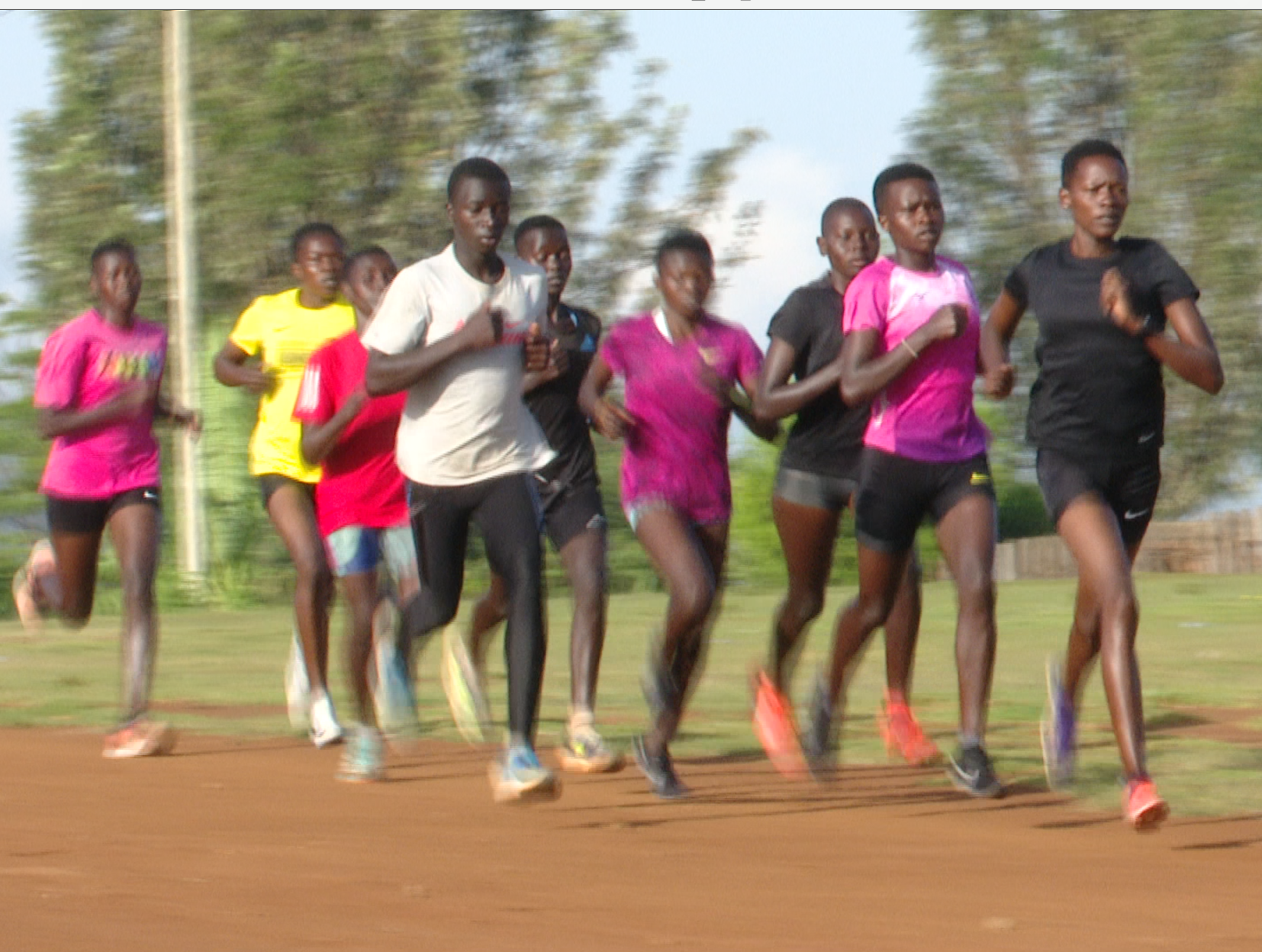Religious leaders urged to integrate tree planting into sacraments

Prof Ephraim Kamuntu, Minister for Science, Technology and Innovation, Monica Musenero and Bishop Sheldon Mwesigwa during a public lecturer at Bishop Stuart University on October 25, 2024. PHOTO | RAJAB MUKOMBOZI
What you need to know:
- Rt Rev Fred Sheldon Mwesigwa, the Anglican Bishop of Ankole Diocese, noted that they have already implemented a similar practice in his diocese, requiring every confirmant to plant a tree.
Religious leaders have been encouraged to align their sacraments with tree planting as a measure to mitigate the effects of climate change.
This call was made on Friday during a public lecture at Bishop Stuart University in Kakoba, Mbarara City, held under the theme "Climate Change and Adaptation: The Role of Universities."
“The question of climate change remains a pressing issue for everyone, but religious leaders command a significant following. I propose that they integrate tree planting into their sacraments, such as baptism, confirmation, and the Holy Eucharist, requiring individuals to plant a tree before their initiation,” said Prof John Mugisha, Vice Chancellor of Bishop Stuart University. He expressed confidence that this initiative could significantly contribute to addressing climate change.
Prof Moses Muhumuza, from Mountains of the Moon University emphasised the importance of associating tree planting with community activities. “While some may argue about limited land for planting, there are many creative ways to incorporate trees, such as along land boundaries,” he explained.
Rt Rev Fred Sheldon Mwesigwa, the Anglican Bishop of Ankole Diocese, noted that they have already implemented a similar practice in his diocese, requiring every confirmant to plant a tree. He added, “The Church of Uganda has established policies and guidelines on environmental protection. Given the urgency of the situation, I will review these to see how we can integrate this proposal.”
Mr Simon Muhumuza, a PhD student in Agriculture and Community Innovations at Bishop Stuart, stressed that this initiative should extend beyond religious institutions.
“We should align various community activities with efforts to combat climate change. For example, we could promote green burials and tree planting during birthdays,” he suggested.
Prof Mesach Katusiime from Kabale University highlighted that higher education institutions have not done enough to address climate change. He proposed that climate change issues be incorporated into all academic programs, stating, “We should integrate these topics into disciplines like law and political science, and universities should engage in action-based research to tackle climate change.”
Dr Monica Musenero, Minister for Science, Technology and Innovation, criticised African nations for not taking a stronger stand against climate change.
“Uganda and Africa are among the most affected by climate change due to actions taken by Western countries. We need to unite and assert that enough is enough,” she stated.




